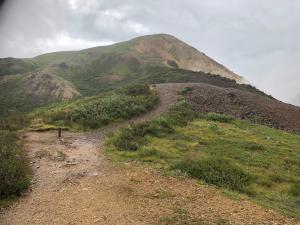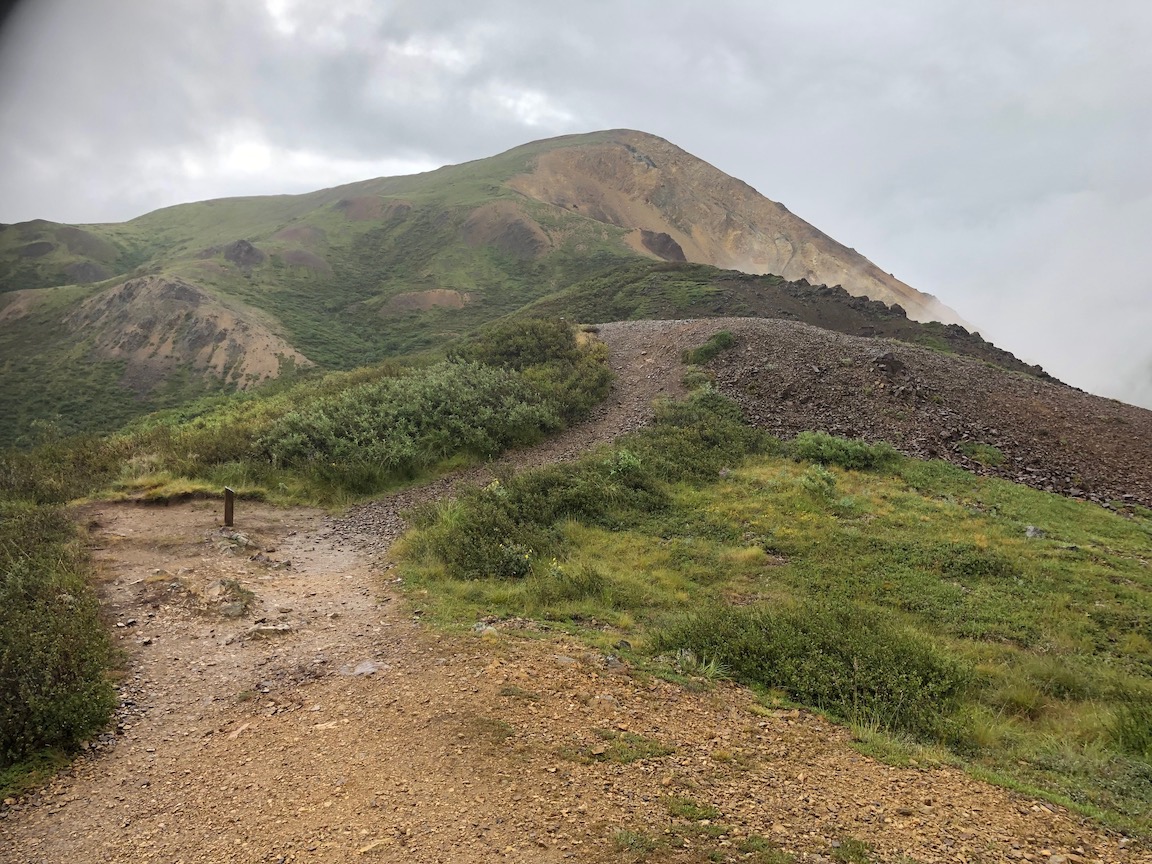
God calls us to love our neighbor as ourselves, and in this passage, he remind us: “Don’t Hide Yourself!”
Scripture:
Deuteronomy, chapters 22-24; Galatians, chapter 4
Deuteronomy 22:1-4 (NLT):
If you see your neighbor’s ox or sheep or goat wandering away, don’t ignore your responsibility. Take it back to its owner. If its owner does not live nearby or you don’t know who the owner is, take it to your place and keep it until the owner comes looking for it. Then you must return it. Do the same if you find your neighbor’s donkey, clothing, or anything else your neighbor loses. Don’t ignore your responsibility. If you see that your neighbor’s donkey or ox has collapsed on the road, do not look the other way. Go and help your neighbor get it back on its feet!
Observations:
Don’t hide yourself
The first thing that caught my attention as I read this passage today was a footnote for verse 1. There is an asterisk after the phrase “don’t ignore your responsibility.” The note indicates that the actual Hebrew phrase here is “don’t hide yourself.” As I reflected on that, I thought about how much our culture has accepted, and even promoted, the idea of “hiding yourself.” If you see something happening, don’t get involved! You don’t know what might happen! Mind your own business, and you’ll avoid problems.
That’s not what the Bible teaches us. Jesus famously told a story about a “good Samaritan” who helped when others would not. He told that story in answer to the question, “Who is my neighbor?” The import of Jesus’ story and teaching is clear: our neighbor is whoever we encounter, and “loving your neighbor” means doing whatever you can do to help those in need. Don’t hide yourself; love your neighbor.
As I thought further about this passage, another thought came to mind: God specifically rejects the doctrine of “finders keepers.” When the owner comes looking for whatever he has lost, you must return it. We can’t just keep it and act as though it belongs to us. But God goes even further: take it to your place and keep it until the owner comes looking for it. That would seem to indicate that we should “take care of” whatever it is. If it’s an animal, we feed it and shelter it. If it’s something else – clothing, or anything else your neighbor loses – we don’t just lay it on the ground until the owner shows up. Don’t ignore your responsibility – don’t hide yourself.
Don’t look the other way
This call to not hide ourselves extends to helping others when the need arises. If you see that your neighbor’s donkey or ox has collapsed on the road, do not look the other way. Go and help your neighbor get it back on its feet! It’s easy to come up with excuses why we can’t help – but God hasn’t called us to “easy.” Loving our neighbor is not just a suggestion; it’s a commandment. The priest and the Levite in the parable of the Good Samaritan certainly had excuses. They could easily justify their decision to not help the one in need.
Having an excuse isn’t good enough. God commands us: do not look the other way.
Application:
I believe God is calling His people to rediscover His command for us to love our neighbor as ourselves. We know that He has commanded us, but we find it too easy to justify our unwillingness to obey. The two phrases that I’ve highlighted from today’s passage are vitally important for us, because they direct us in a practical way as we strive to become more like Jesus. Don’t hide yourself – as we go through this world, we are called to get involved, to tell our story of how Jesus saved us and transformed us. Do not look the other way. When there’s an opportunity to help, we need to recognize that God has provided that opportunity!
Prayer:
Father, thank you for reminding us that you have called us to love our neighbors as ourselves. Jesus defined “neighbor” very broadly, and told us to “go and do the same.” Help us not to hide ourselves, and to not look the other way. Each day you provide opportunities for us to share your love with others. Help us to embrace those opportunities, that others may experience the same love that we have experienced. Amen.
















Post comments (0)